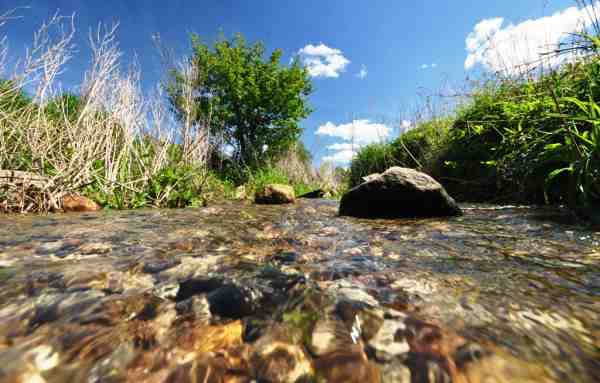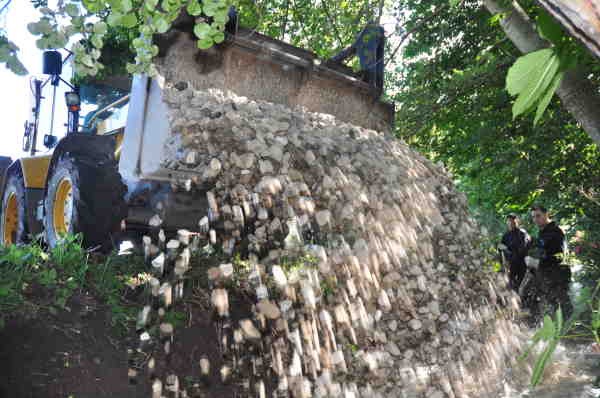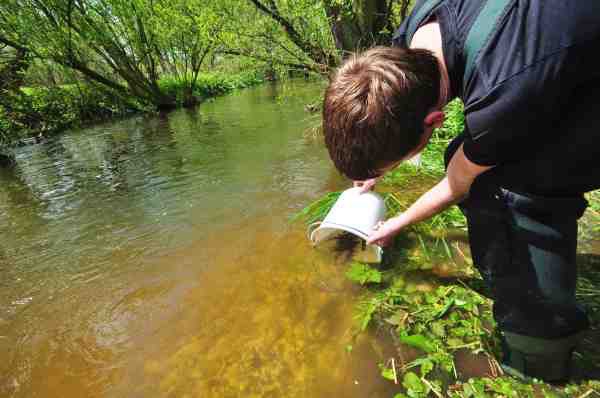Environmental efforts
 Use of the natural environment goes hand in hand with protection of the natural environment, and it is of the utmost importance that we protect our fish and our fishing waters.
Use of the natural environment goes hand in hand with protection of the natural environment, and it is of the utmost importance that we protect our fish and our fishing waters.
Fishing Zealand is concerned with good water quality for fresh water, brackish water and marine areas. Rivers, lakes, wetlands and coastal waters of good quality not only make good sense, they are also a necessary requirement for securing good, sustainable fishing, something that is of the greatest importance for both native and foreign tourists.
The member municipalities are working actively to improve the quality of their lakes and rivers to provide better conditions for the spawning and growth of trout, pike, perch and other types of fish. This holds for both water quality, water flow, passages and physical variation. The member municipalities are also working toward increased accessibility to suitable fishing spots (both physically and legally).
In addition, Denmark’s Sport Fishing Association and the participating sport fishermen from Zealand and the islands are making a huge contribution toward taking care of their waters and releasing fish into them.
Water conservation

Fishing Zealand is working to establish passages as well as spawning and growth areas in fresh water. Every year numerous restoration projects are carried out in suitable waterways.
Sport fishermen cooperate with municipalities and landowners in additional relevant areas that benefit the wild fish population. This is also true for marine areas, for example, in the restoration of stone reefs and hard bottom areas, both of which benefit biodiversity.
Fishing Zealand promotes fishing that is carried out so as not to tax the fish populations. This includes all types of fishing in both fresh water and salt water. In some areas there is a need to ensure the free migration of fish in salt water between the marine feeding areas and the spawning areas in fresh water. This problem and others that involve control with fishing, fishing laws and regulations are also addressed by Fishing Zealand.
Releasing

This work, which is carried out by organizations that belong to Zealand’s Trout Association, is conducted according to the guidelines set forth by DTU Aqua. This means, among other things, that the releasing that takes place is genetically controlled, with the use of local wild fish and with respect for the capacity of the respective eco-systems. DTU Aqua functions in an advisory capacity in relation to sport fishermen, which ensures that work is carried out based on a high level of expertise.